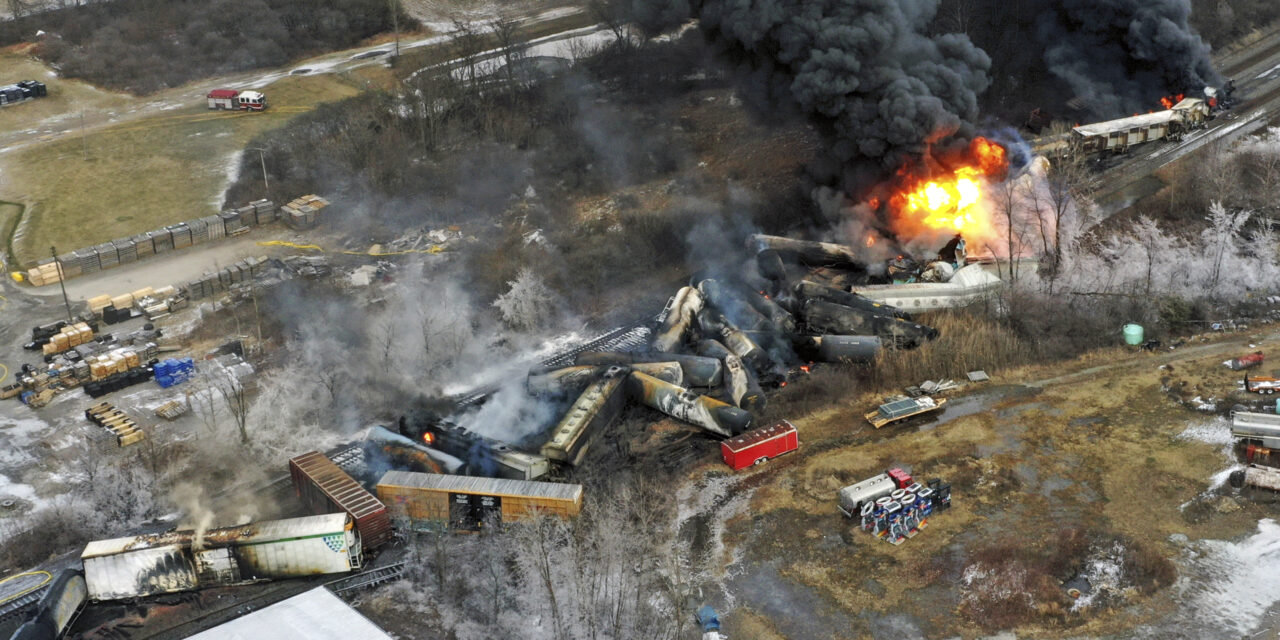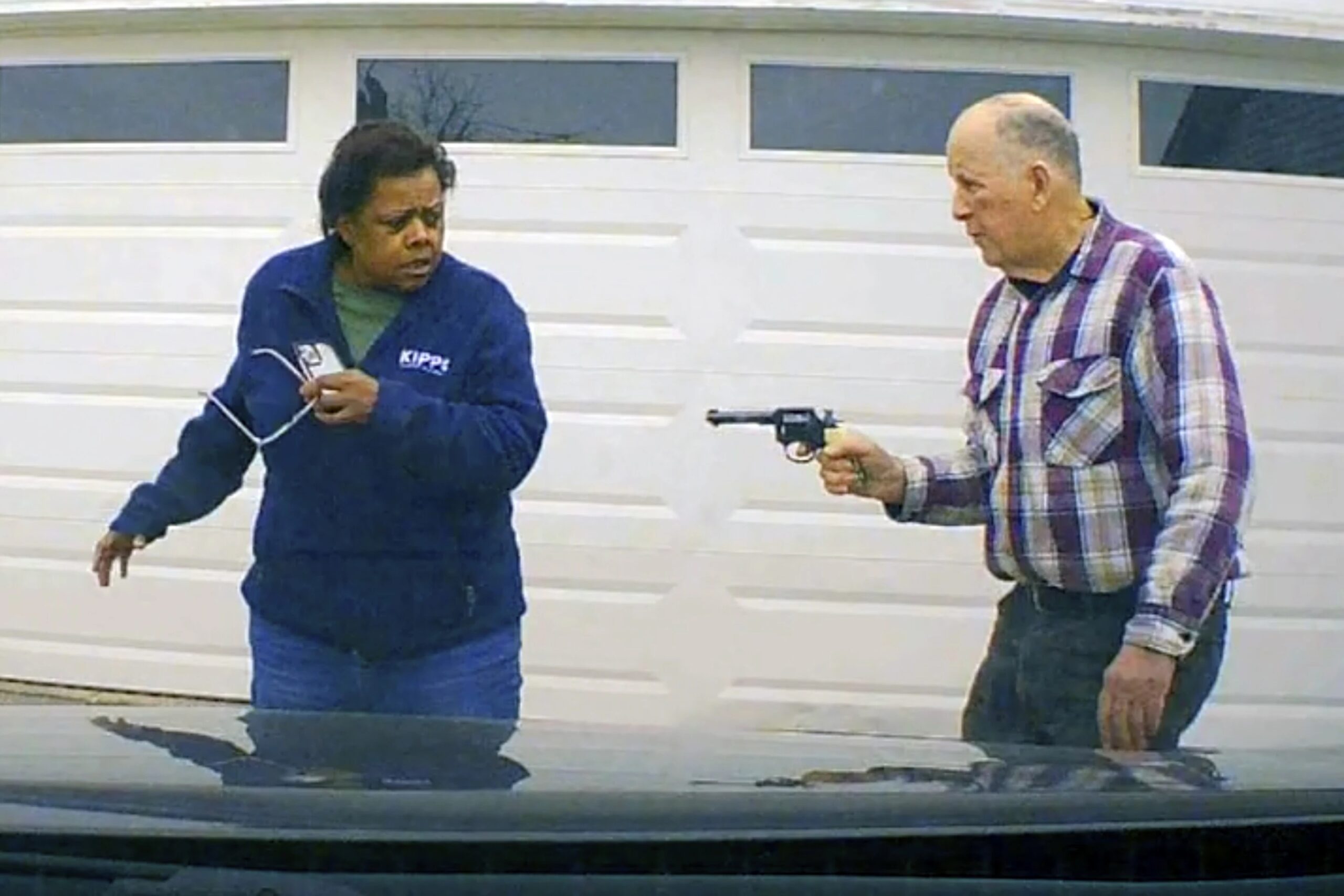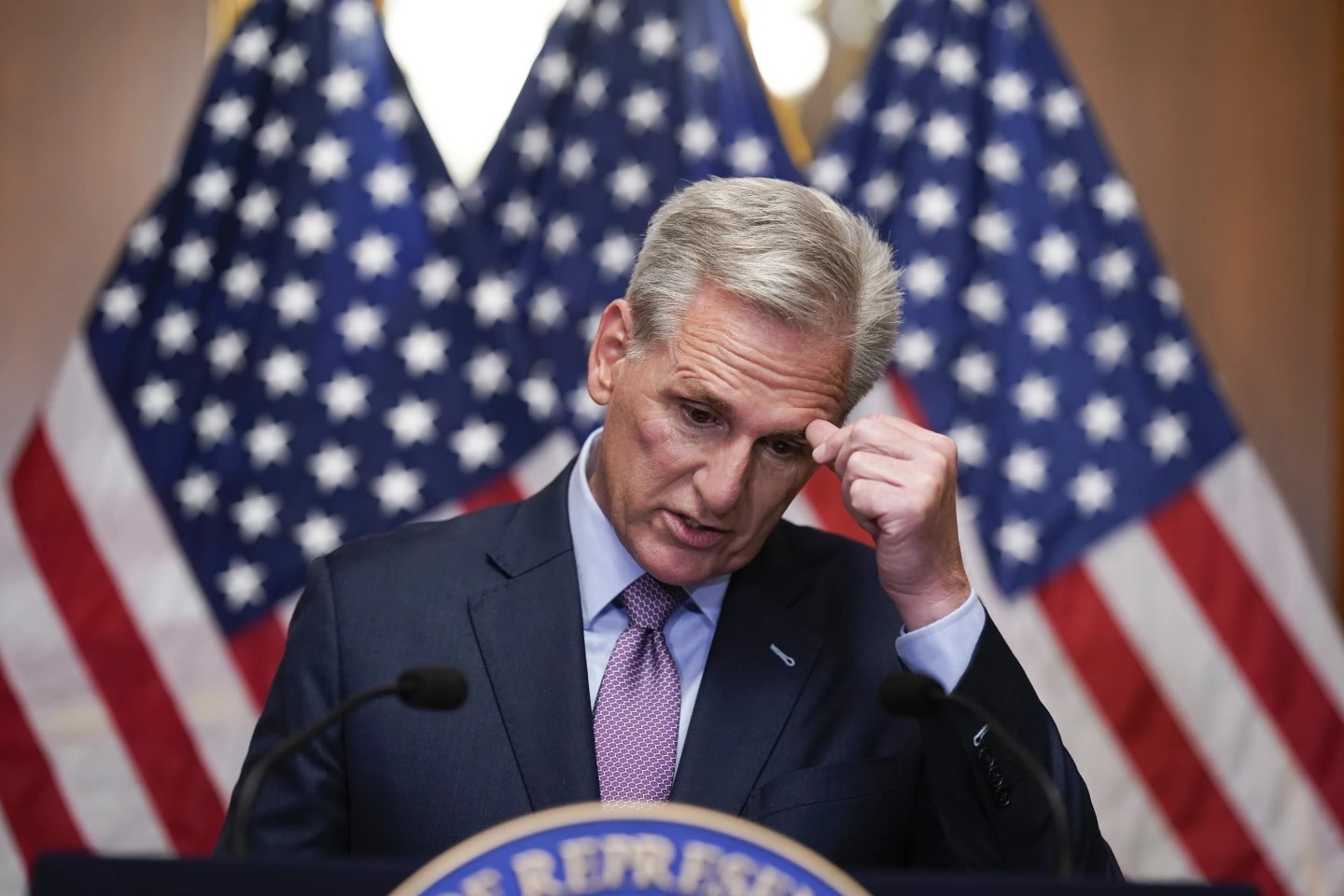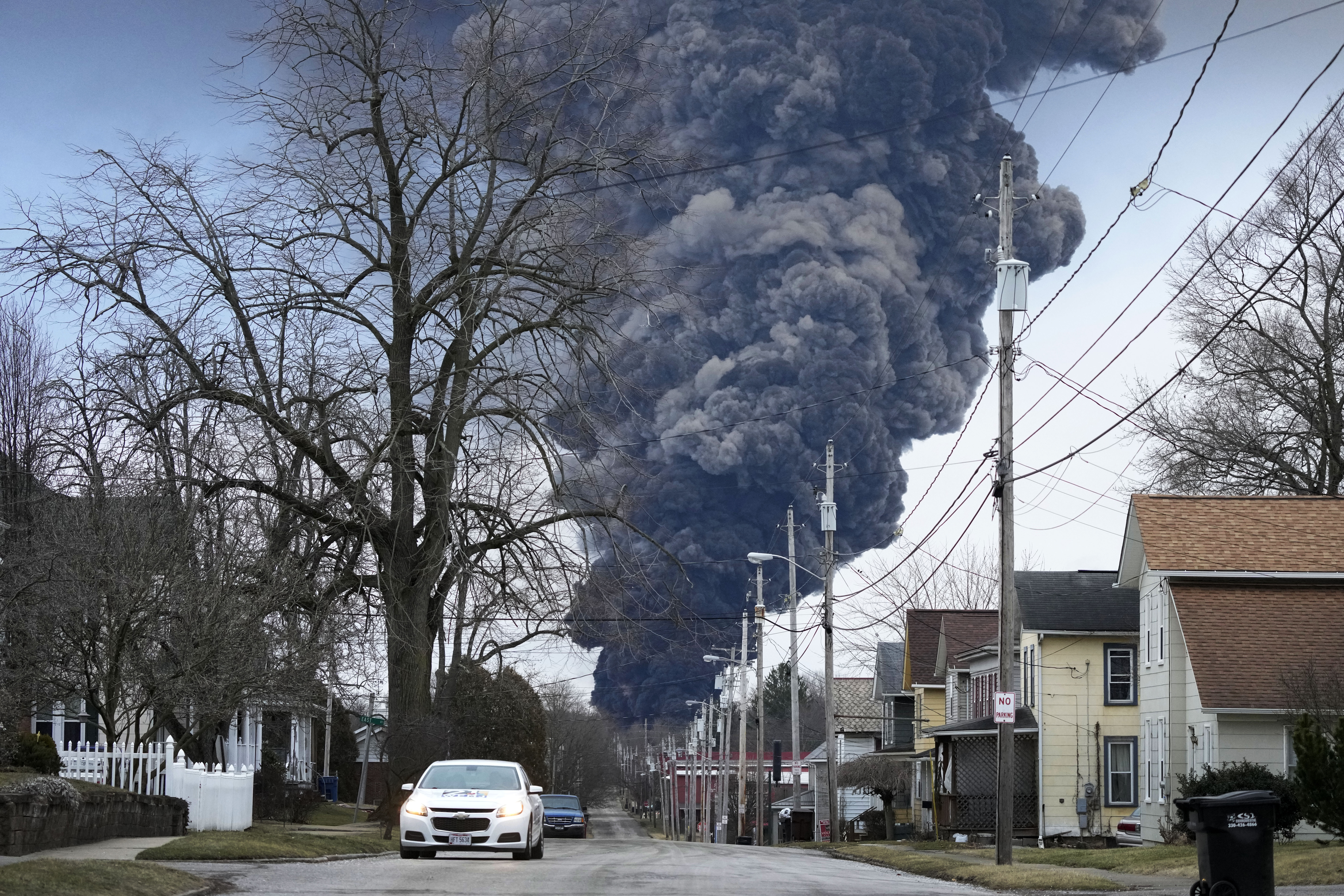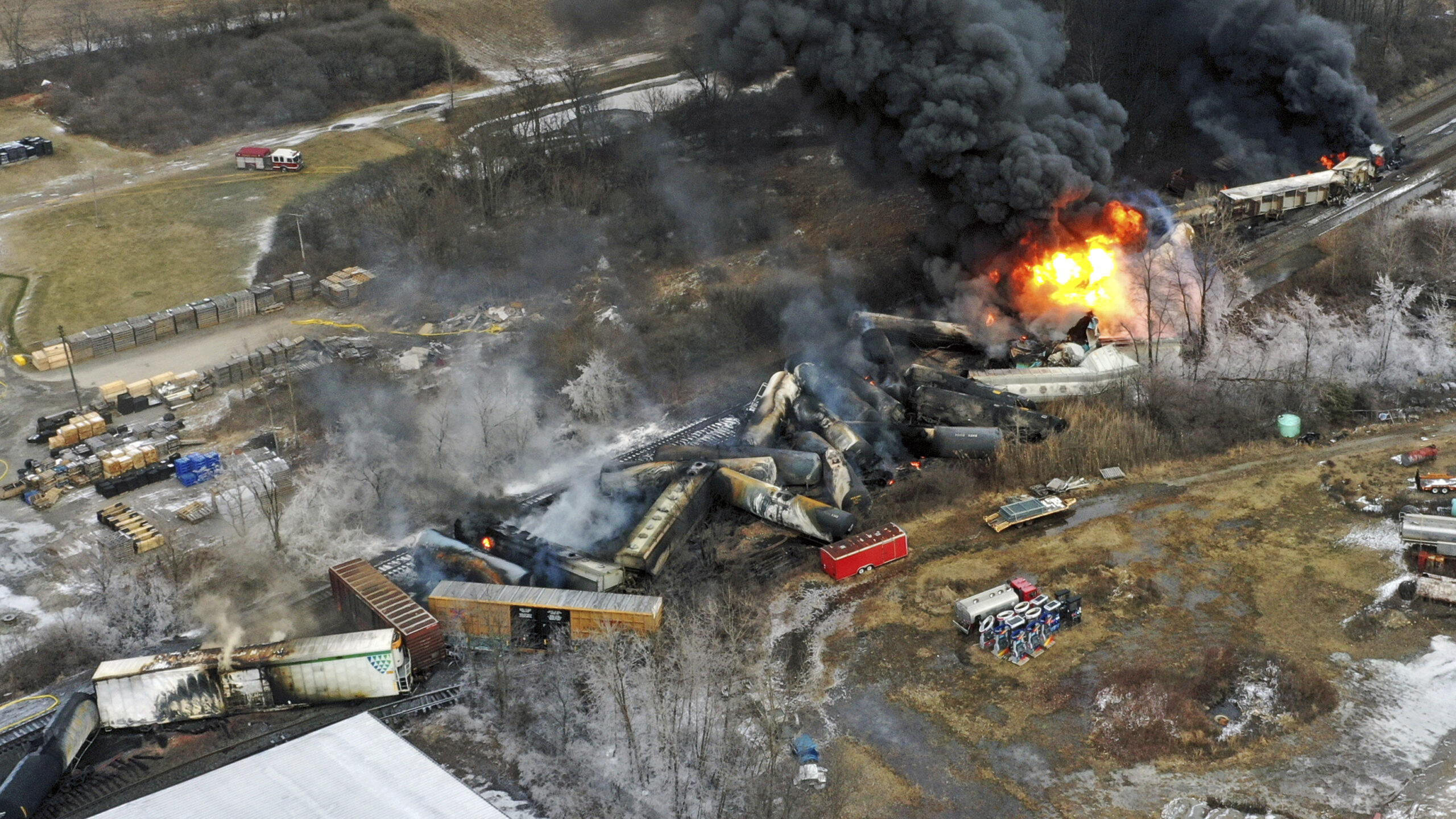Ever since a train derailment and burning of hazardous chemicals in East Palestine, Ohio exactly one month ago, there’s been plenty of uncertainty around safety, environmental impact and who’s responsible. While the Environmental Protection Agency has been on-site since the wreck, there’s been widespread confusion nationally about the lack of federal disaster declaration in order to provide financial support.
Ashley Ward with Duke University’s Nicholas School of the Environment spoke with 97.9 The Hill about some constraints to federal responses, since some climate-related disasters she examines also fall out of the label of “natural disasters.”
Ward, who works on climate policy and resiliency, was quick to point out that she’s been reading the same news reporting and government releases as everyone else when it comes to the Norfolk Southern crash. While the incident is different from her area of expertise – which focuses more on responding to or preparing for extreme weather as a result of climate change – she said the initial days following the crash reminded her of community natural disaster responses.
“There’s been quite a bit of debate about ‘Where is FEMA? Where’s the EPA? Who is doing what with respect to what is happening in Ohio?’” said Ward. “I think this is very common with respect to post-disaster responses – particularly with climate change [related events].”
The senior policy associate said she believes the guidelines of the Federal Emergency Management Agency mean it can be ill-equipped to deal with climate disasters – and potential environmental or air-quality threats like the train derailment.
While the president can “declare a major disaster for any natural event,” there’s less immediate guidance for the agency for a machine failure or man-made issue. FEMA also makes recommendations to the president on whether to establish a Public Assistance Program following emergencies – but Ward said some of the criteria it measures does not favor rural areas. She pointed to FEMA’s use of “per capita impact” to create a threshold of necessary property damage to deem what is “severe” wreckage – which means more affluent communities could receive more attention.
“That’s an interesting factor here with what’s happening in Ohio: there wasn’t actually a lot of property damage,” said Ward. “So, when people say it doesn’t qualify for a disaster declaration, that’s a lot of times what they’re talking about.
“Now, this is an important caveat,” she continued. “Because if you have a tornado blow through Caswell County [North Carolina], it might cause a lot of damage to the people who lived there, but it’s not going to hit $15 million [worth of destruction]. This biases urban areas. In a lot of areas in the country – particularly in the southeast – if an urban area is not affected, it doesn’t reach the threshold for a disaster declaration.”
Ward likened this to her work studying the effects of extreme heat. While heat waves or drought may not cause damage to infrastructure, it can still create untenable living environments or scenarios where federal assistance would help those affected.
The Biden administration says FEMA is in “constant contact” with the response teams and officials in East Palestine. Additionally, the EPA has said it’s committed to having the railway company pay for a variety of tests to ensure the Ohio community is safe.
EPA's update on the East Palestine response as of March 1 ⬇️
We have conducted 578 home re-entry screenings and continue air monitoring at 16 stations in the community. There have been no exceedances for residential air quality standards and outdoor air quality remains normal.
— EPA Great Lakes (@EPAGreatLakes) March 2, 2023
Ward said, however, that she and many others in the climate policy realm are interested in making changes to the Stafford Act — which led to the creation of FEMA in 1988.
“I think understanding how that federal mechanism works for response and recovery is a really important part of the conversation,” said Ward. “For the train derailment, yes, but also when we think about climate change and climate extremes. This is why those who work in disaster management often advocate for an updating, a re-doing of the Stafford Act.”
Meanwhile, there is already legislation working its way through the U.S. Congress to address railway safety. A bipartisan bill, which is co-sponsored by both of Ohio’s senators, was introduced on Wednesday to levy larger fines on rail companies after a crash and to create new safety requirements when carrying hazardous materials.
Photo via AP Photo/Gene J. Puskar.
Chapelboro.com does not charge subscription fees, and you can directly support our efforts in local journalism here. Want more of what you see on Chapelboro? Let us bring free local news and community information to you by signing up for our biweekly newsletter.

